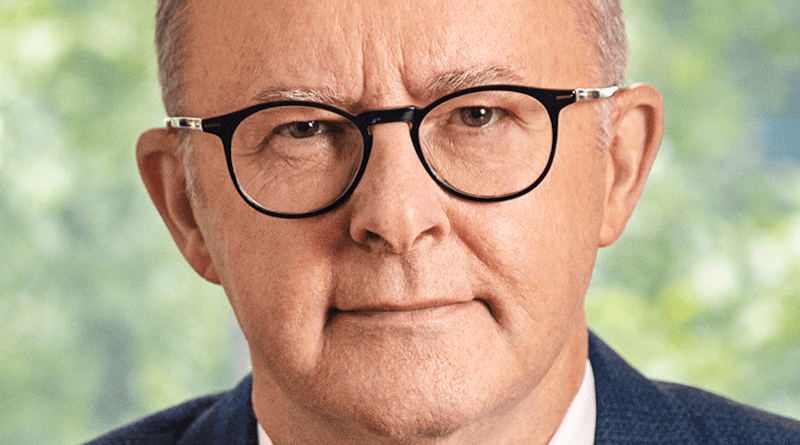Albanese Is Creating A Feudal-Strata Within The Aboriginal Community – OpEd
Australian prime minister Anthony Albanese and the ‘yes’ vote campaign leadership are in denial over the defeat of ‘The Voice’ referendum last week, where 61 percent of Australians rejected the proposition. Had the referendum been approved a defacto-third house of parliament would have been set up, where a nominated group of 24 Indigenous Australians would have advised parliament and the executive.
In parliament last Monday during question time, Albanese appeared to blame ‘white people’ for the defeat at the referendum. Albanese in an answer to the opposition said he still supported the rest of the Uluru Statement of the Heart, which included a treaty and Makaratta truth telling.
Albanese is determined to find a new way to respond to the Uluru Statement, in spite of how Australians voted in ‘The Voice” referendum. Albanese appears to be taking advice on the issue exclusively from a group within the Aboriginal community, who were involved in the framing of the Uluru Statement, which may not represent the thinking of the majority of the Indigenous Australian community.
Rejection of called for a royal commission
Even though the prime minister is still pushing for a treaty and truth telling, a call for an urgency motion by Nationals Senator Jacinta Nampijinpa Price, who was one of the leaders of the no campaign, to hold a royal commission into child sexual abuse in Aboriginal communities, and an accounting of money being spent of Aboriginal welfare was totally rejected by both Labor and the Greens.
Such a rejection by the government and Greens in the Senate over fundamental issues regarding the welfare of Aboriginals deeply questions the agenda the government really had in mind for ‘The Voice’.
The government only talking to ‘recognized’ indigenous leaders, and the ABC only providing a platform for this elite, has contributed to the creation of a feudal-strata within Aboriginal society today.
The refusal to investigate alleged corruption within the ‘Aboriginal industry’ is effectively protecting a group of elites, who may not have been transparent to the public about the use of public funds and the outcomes achieved.
This protection has created a class of elites who are now beyond any public accountability. The refusal to investigate child sexual abuse within the Aboriginal community effectively deems marginalized rural Aboriginals as serfs in a feudal society, led by elites, who monopolize their voice.
These actions taken only a few days after ‘The Voice’ referendum casts strong doubts over the sincerity of the government in the first place, where it is blatantly refusing to listen to Aboriginal voices, already inside the parliament.
It was only the indigenous voices who the government wanted to appoint to ‘The Voice’ that the government wanted to deal with. Other Indigenous voices are not good enough.
This is post referendum evidence Australians made the correct choice in rejecting ‘The Voice’, as it has been shown to be a sham by the government’s actions. “The Voice’ was never about the welfare of Indigenous Australians, especially those marginalized. ‘The Voice’ was about empowering an activist elite class, which has shown over the last few days not to care about marginalized Indigenous Australians.
The government has been trying to create symbolism about correcting past ‘wrong doings’, rather than be concerned about the real issues that face Aboriginals today.
Any future proposals from these groups must be treated with scepticism.

